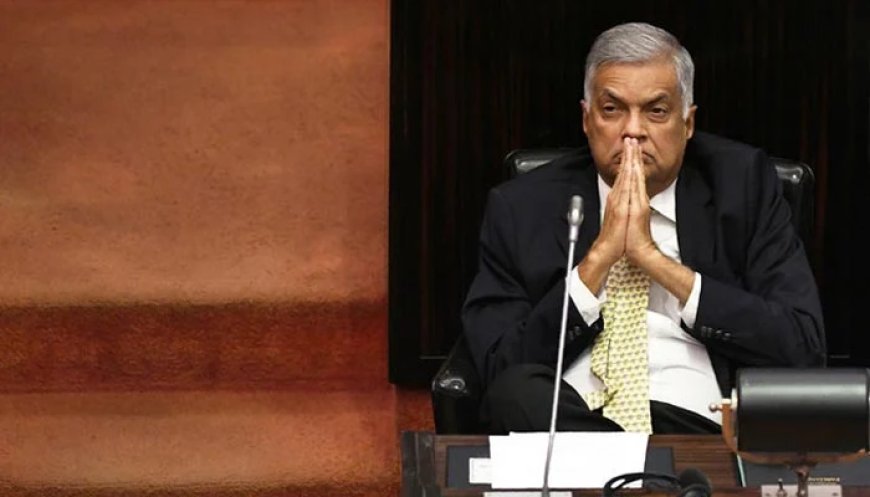Sri Lanka to vote in first poll since economic collapse

1. President Ranil Wickremesinghe seeks fresh mandate after claiming credit for stabilising economy
Sri Lanka, facing severe economic challenges, will vote for its next president on Saturday, with the election effectively serving as a referendum on the unpopular austerity measures tied to an International Monetary Fund (IMF) bailout. President Ranil Wickremesinghe, 75, is seeking a new mandate, touting his success in stabilizing the economy after a 2022 financial crisis led to severe shortages of food, fuel, and medicine. He also restored order after unrest forced his predecessor to flee.
Wickremesinghe has asked voters to choose between a return to the chaos of 2022 or continued progress, but his tax hikes and other austerity measures, part of a $2.9 billion IMF bailout, have left many struggling. While Sri Lanka's economy is still fragile, with a $46 billion foreign debt yet to be paid off, Wickremesinghe vows to stick with IMF-prescribed reforms if re-elected.
The election will largely be seen as a judgment on Wickremesinghe’s handling of the crisis, according to the International Crisis Group. Many are frustrated by what they see as unfair austerity measures.
Wickremesinghe faces strong opposition from two key candidates. Anura Kumara Dissanayaka, leader of a once-marginal Marxist party, has gained support by pledging to fight corruption. Another contender, Sajith Premadasa, a former ally of Wickremesinghe, promises to renegotiate IMF terms to ease the burden on the public.
Although inflation has significantly decreased from its peak of 70%, Sri Lanka’s economic recovery is still fragile, with poverty rates having doubled during the crisis.

















































